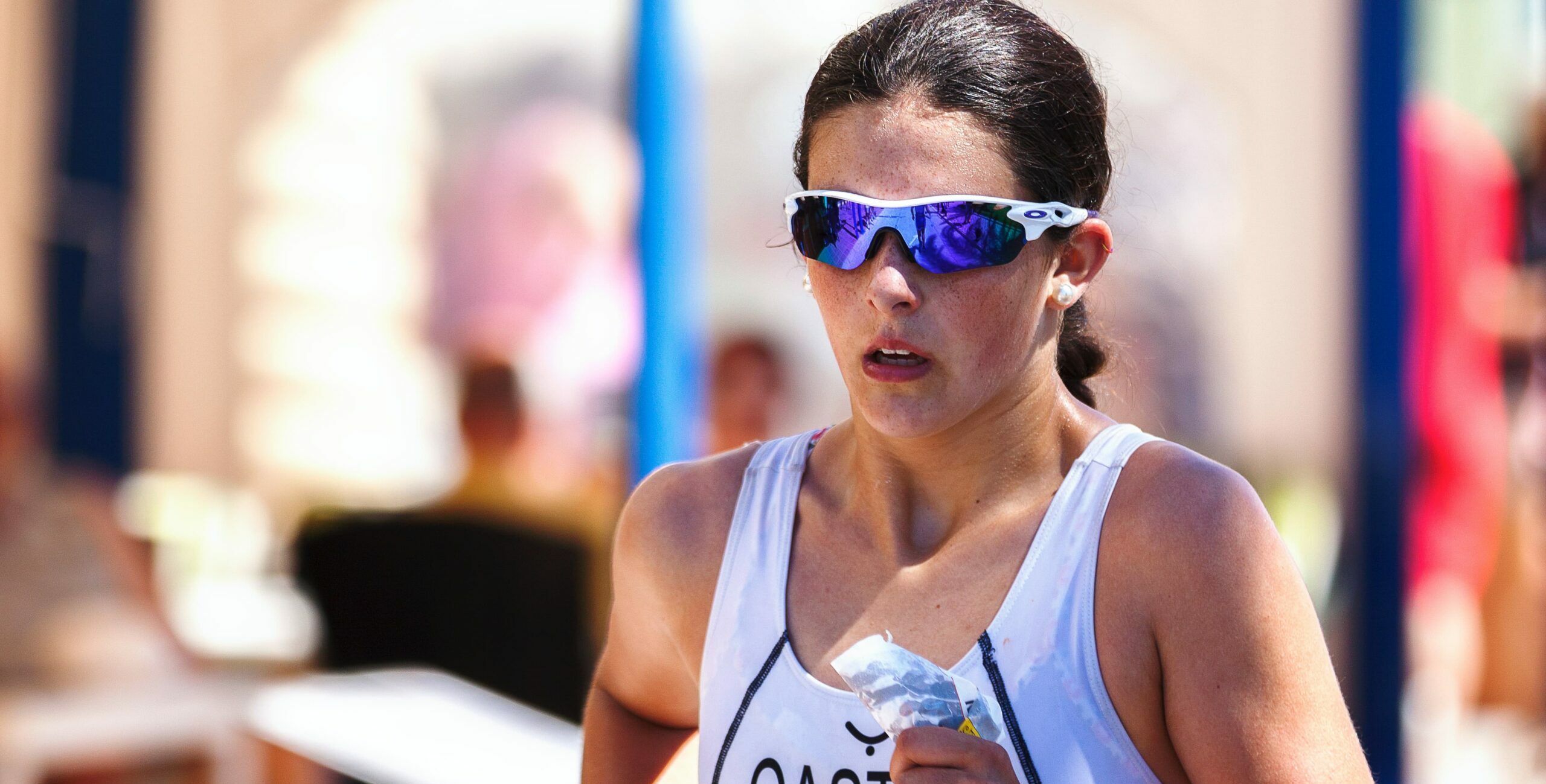It’s not surprising that, given how long they take to complete, marathons and triathlons require a lot of energy.
From training to the finish line, getting the right balance of nutrients from food and drink at the right time is really important, helps you to perform and recover better and reduces your chances of getting injured or ill.
Listen to your body
Activities like running, cycling and swimming burn lots of calories.
The number of calories you need on a daily basis depends on a number of factors – including your age, gender and level of activity – and this varies from person to person.
Women need to consume around 2,000 calories each day, and men around 2,500, but if you’re training and exercising, you’ll need to take in more calories to keep you at a healthy weight.
Ultimately, one of the best things you can do is listen to your body. If you’re feeling hungry, make sure that you have something healthy to eat.
Likewise, if you’re in pain or are feeling tired, rest up to reduce your chance of injury.
Carbs, carbs, carbs
Carbohydrates are key during training and recovery, so it’s important to have a good supply of them in your body for both immediate energy and reserves.
When you eat carbohydrates, like pasta, rice, wholemeal bread and milk, they’re broken down into glucose – this is a sugar that gives your body immediate energy.
As well as giving you an energy boost, your body can store glucose in your muscles as glycogen, which your body can use whenever its energy supplies are running low.
Before you set off
Plan your time so that you can eat a meal or snack with enough time to digest it before you start your workout.
If you’ll be out for longer than 90 minutes, you’ll need to eat more carbohydrates than usual to ‘load up’ and help keep your glucose reserves full.
Snack-wise, opt for a banana or Greek yoghurt with granola 30-60 minutes before heading out. If you’re having a meal, something like wholegrain cereal or porridge with low-fat milk, or a jacket potato with tuna and salad are good options.
Give yourself two or three hours to digest your meal so that you don’t feel uncomfortable whilst you’re out running. Again, listen to your body to figure out what works best for you.
Whatever you choose to eat before your workout, try to avoid foods high in fat or fibre, as they can be difficult for your body to digest and may cause stomach upset.
Lastly, make sure you’re hydrated by steadily drinking throughout your day. Opt for regular sips of water keeping fruit juices and smoothies to a limit (no more than a small 150ml glass).
During your workout
If you’re doing a shorter run, you shouldn’t need to eat throughout your workout as your muscles will have enough glucose and glycogen to supply you with energy.
However, if you’re going to be working out for over an hour, your body will need extra carbohydrates to keep you moving.
Make sure you’re drinking little and often during your workout. Water will suffice for shorter workouts, but if you’ll be exercising for more than an hour, think about taking an isotonic drink out with you as this will help to replace any sugars you’ve lost through sweating.
After your workout
Eating some more carbohydrates will replenish your glycogen levels.
Team this with protein – which helps to repair your muscles – and lots of fluids to top up the electrolytes and sugars lost through sweating.
Try to not leave it too long before eating after exercising. You’ll need at least a snack in the 30 minutes after you’ve finished exercising – something like a banana or a sports bar with carbohydrates and protein are great options.
Anything including low fat milk is another great post-workout snack as it helps to top-up your hydration levels and it’s also a source of carbohydrates, proteins and minerals that can help you to rehydrate even further.
Within two to four hours after your workout has ended, it’s important to eat a nutritious meal to set your body up well for recovery.
Try chicken with potatoes and steamed vegetables, vegetable chilli with rice or noodle stir-fry with prawns and vegetables.
Everyone is different
You may find that certain foods or eating at particular times works better for you.
Experiment with snacks, meals and drinks and when you consume them to see what feels right and sits best on your stomach best before, during and after your workout – that way, you’ll develop a food and drink plan to stick to on your race day.

About the Author
Dr Luke Powles is Clinical Director for Health Clinics at Bupa Global and UK.
Previously he was Lead Physician for Bupa’s health clinics in Canary Wharf and King’s Cross.
Before joining Bupa, Luke was an NHS doctor for nearly 12 years working in both hospital medicine and general practice. He has a passion for preventative medicine.
